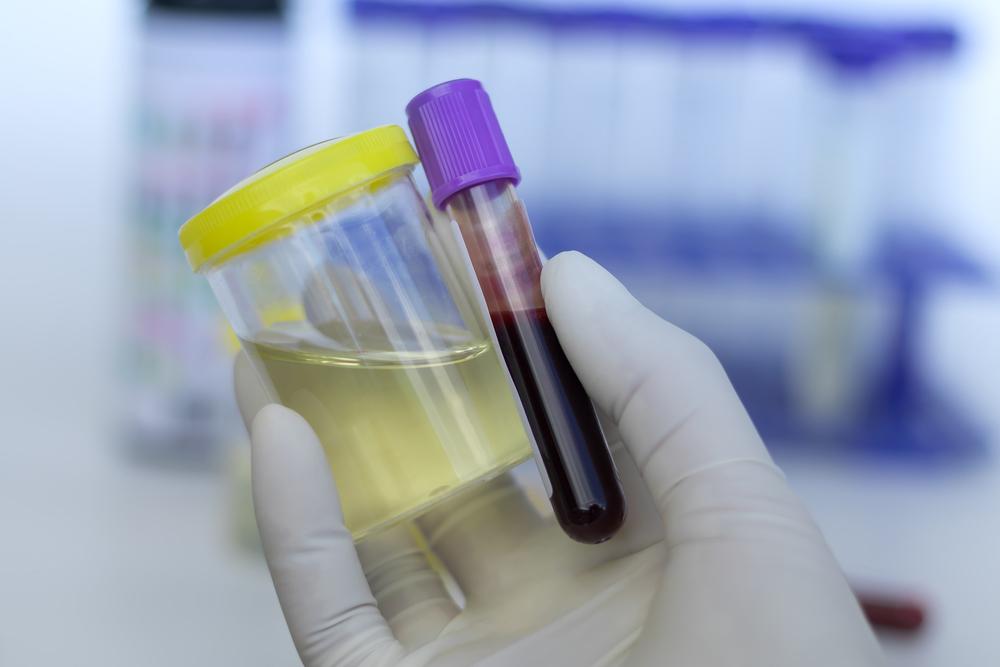Polygraph Testing in Sports Integrity & Anti-Doping Investigations: A Vital Tool for Sports Law Professionals

In an era where sports integrity faces unprecedented challenges from match-fixing, doping scandals, and corruption, sports law professionals require sophisticated investigative tools to protect the integrity of competition. Polygraph testing has emerged as a valuable resource in the fight against sports-related misconduct, offering sports organizations, legal teams, and integrity units a cost-effective and efficient method for conducting thorough investigations.
The Growing Need for Integrity Solutions in International Sports
The international sports landscape continues to grapple with integrity threats that undermine fair competition and damage the reputation of sporting organizations worldwide. From high-profile match-fixing scandals in football and cricket to sophisticated doping networks spanning multiple countries, sports law professionals face increasingly complex challenges in maintaining clean sport.
Traditional investigative methods, while essential, can be time-consuming and expensive. Polygraph testing complements these approaches by providing rapid insights that help focus investigative resources more effectively, ultimately supporting the delivery of justice and the preservation of sporting values.
Polygraph Applications in Sports Integrity Investigations
Match-Fixing and Betting Integrity
Match-fixing represents one of the most serious threats to sports integrity globally. Polygraph testing serves as a powerful tool in investigating allegations of match manipulation, helping to:
- Verify statements from athletes, coaches, and officials regarding suspicious activities
- Identify individuals involved in betting syndicates or manipulation schemes
- Support evidence gathering for disciplinary proceedings and criminal prosecutions
- Deter potential wrongdoing through the presence of robust investigative capabilities
Sports law professionals working with integrity units, leagues, and federations can leverage polygraph testing to strengthen their cases and demonstrate their organizations’ commitment to clean competition.
Anti-Doping Investigations and Support

While biological testing remains the cornerstone of anti-doping efforts, polygraph examinations provide critical support in uncovering the broader networks that enable doping violations. Key applications include:
- Identifying Support Personnel: Polygraph testing helps identify coaches, doctors, and agents involved in doping schemes
- Trafficking Investigations: Assists in tracing supply chains and distribution networks for prohibited substances
- Witness Corroboration: Validates testimony from whistleblowers and witnesses in complex cases
- Pre-Investigation Screening: Helps anti-doping organizations allocate investigative resources efficiently
For sports law professionals advising anti-doping organizations or representing athletes in proceedings, understanding the potential applications of polygraph testing enhances the ability to build comprehensive cases or mount effective defenses.
Investigative Benefits for Sports Organizations
International sports federations, national governing bodies, and professional leagues face unique challenges in maintaining integrity programs. Polygraph testing offers several advantages that make it an attractive option for sports law professionals developing or managing integrity initiatives:
Cost-Effectiveness and Efficiency
Compared to lengthy surveillance operations or extensive witness interviews, polygraph examinations provide rapid results at a fraction of the cost. This efficiency allows organizations to:
- Conduct more investigations within budget constraints
- Respond quickly to emerging integrity threats
- Minimize the duration of uncertainty for athletes and officials under investigation
- Allocate resources to the most promising investigative leads
Deterrent Value and Cultural Impact
The mere availability of polygraph testing as an investigative tool creates a strong deterrent effect. When athletes, coaches, and officials know that sophisticated investigative techniques are available, the risk-reward calculation for potential wrongdoing shifts significantly. This supports the broader cultural change necessary for lasting integrity improvements in sport.
Complementing Existing Integrity Frameworks
Polygraph testing integrates seamlessly with existing integrity frameworks, including:
- Intelligence-led approaches to integrity monitoring
- Education and prevention programs
- Whistleblower and reporting mechanisms
- Disciplinary and adjudication processes
- Coordination with law enforcement and regulatory authorities
Practical Considerations for Sports Law Professionals
When advising clients on the potential use of polygraph testing in integrity investigations, sports law professionals should consider several key factors:
International and Jurisdictional Variations
The legal status and admissibility of polygraph evidence varies significantly across jurisdictions. While some countries permit its use in civil and administrative proceedings, others impose restrictions. Sports law professionals must navigate these variations when working with international federations or cross-border integrity cases.
Integration with Disciplinary Processes
Polygraph results can support disciplinary proceedings within sports organizations’ internal justice systems. Even where results may not be admissible in civil courts, they often carry weight in private arbitration and administrative hearings, particularly when combined with other evidence.
Voluntary vs. Compulsory Testing
Organizations must carefully consider whether to implement voluntary or compulsory polygraph testing programs. Voluntary participation often yields better cooperation and compliance with human rights considerations, while compulsory testing may be appropriate in specific investigative contexts where supported by robust regulations.
Looking Forward: The Future of Integrity in Sport
As international sports continue to evolve and face new integrity challenges, the tools available to sports law professionals must evolve as well. Polygraph testing represents a proven, reliable option that complements traditional investigative methods and supports the broader goal of clean, fair competition.
Sports law professionals who understand the strategic applications of polygraph testing are better positioned to serve their clients—whether they represent sports organizations seeking to strengthen integrity programs or athletes navigating complex investigative or disciplinary processes.
Conclusion
Polygraph testing offers sports law professionals a valuable tool in addressing the complex integrity challenges facing international sports. From match-fixing investigations to anti-doping support, this technology provides cost-effective, efficient results that complement traditional investigative methods.
As sports continue to grow globally in economic and cultural importance, maintaining integrity becomes ever more critical. Sports law professionals who incorporate innovative investigative tools like polygraph testing into their practice are better equipped to protect their clients’ interests and uphold the values of clean sport.
For sports law professionals seeking to learn more about integrating polygraph testing into integrity investigations or disciplinary processes, consulting with experienced polygraph examiners who understand the unique requirements of the sports sector is an essential first step.

Recent Comments